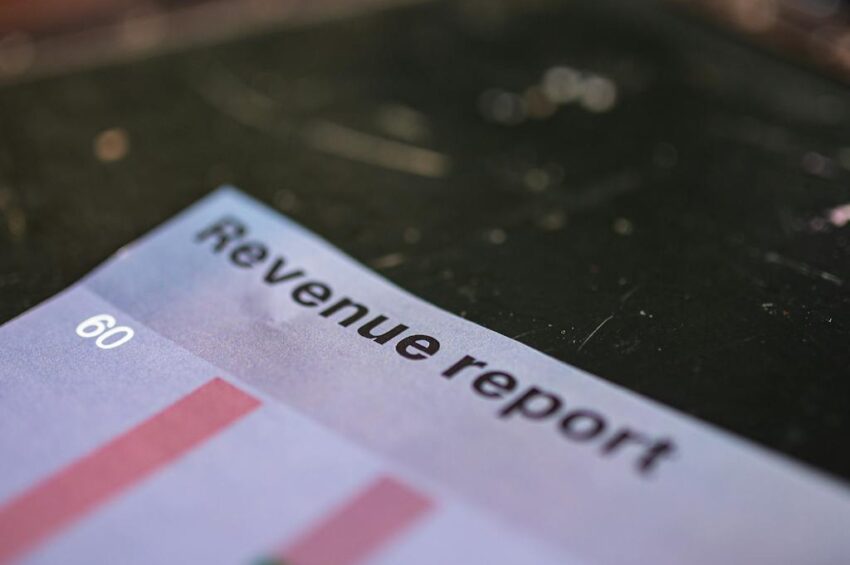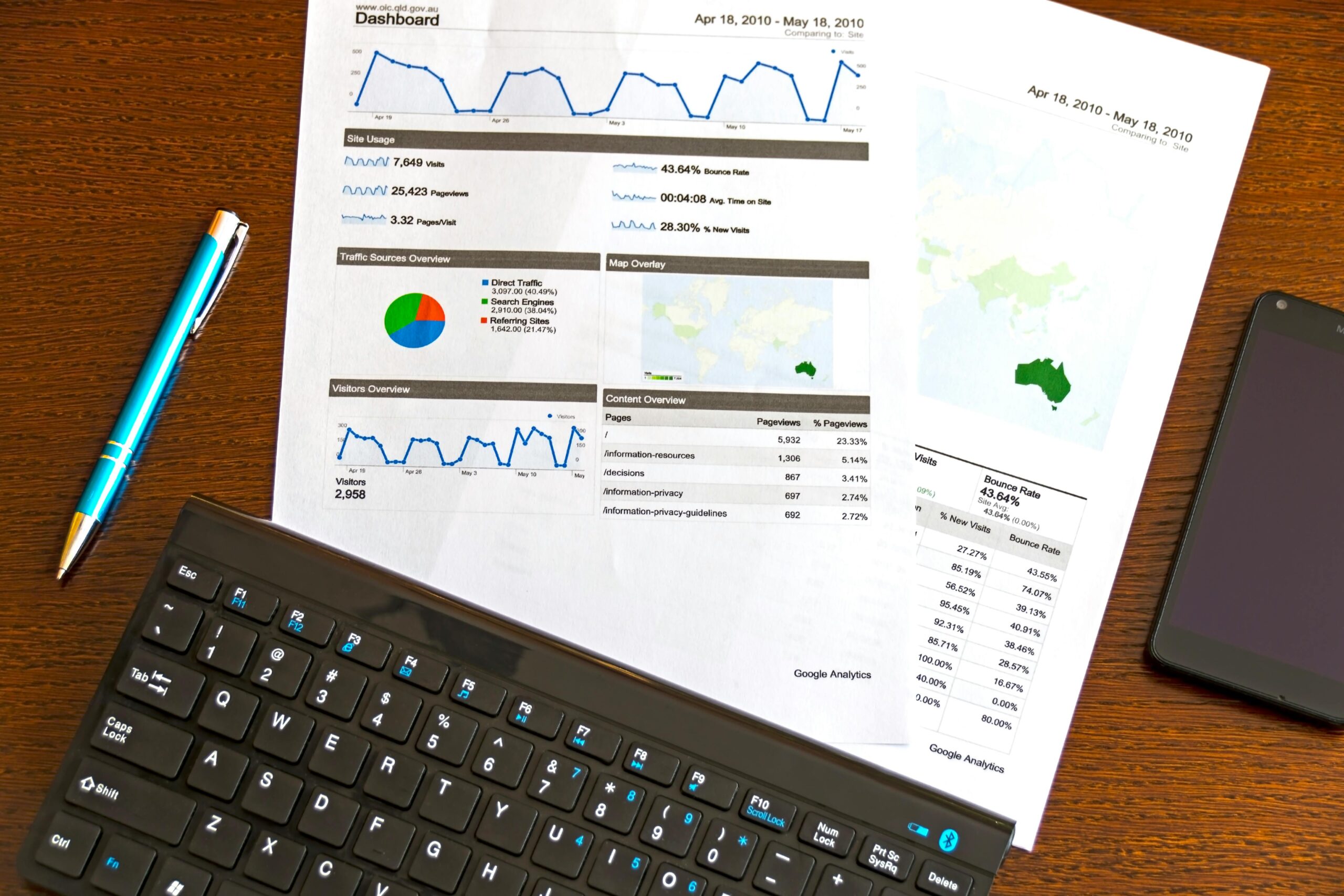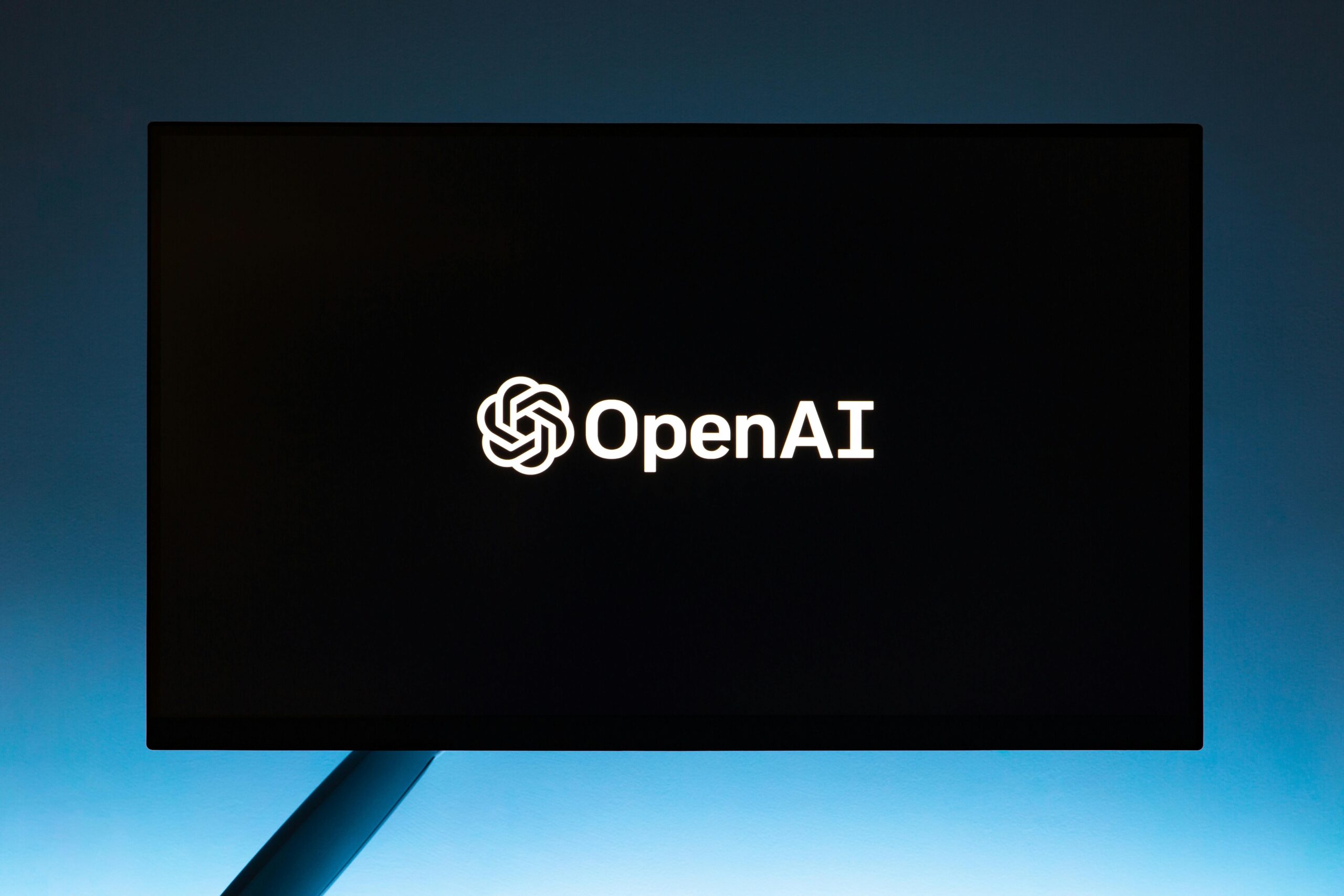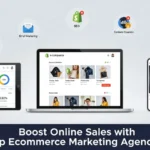
How to Use AI to Enhance Your Marketing Campaigns
Introduction: Revolutionizing Marketing with AI
Artificial intelligence (AI) is rapidly transforming the landscape of digital marketing, offering unprecedented opportunities to enhance efficiency, personalization, and return on investment (ROI). By leveraging the power of artificial intelligence, marketers can automate tasks, gain deeper insights from data, and create more engaging customer experiences. This AI marketing guide will provide a comprehensive overview of how to harness the potential of AI marketing to drive better results.
Step-by-Step Guide: Integrating AI into Your Marketing Strategy
Step 1: Defining Your Marketing Goals and Objectives
Before integrating marketing AI, it’s crucial to establish clear, measurable goals. What do you want to achieve? Are you aiming to increase leads, improve customer retention, or boost brand awareness? Aligning your AI marketing strategy with specific objectives ensures that your efforts are focused and effective. For example, if your goal is to increase leads, you might use AI to optimize your website’s landing pages or improve the targeting of your ad campaigns.

Step 2: Identifying AI Tools and Platforms
Numerous AI tools are available to assist with various marketing automation tasks. These tools can be categorized based on their functions, including content creation, social media management, email marketing, and data analysis. Some popular platforms include tools for generating blog posts, social media updates, and ad copy. Researching and selecting the right tools is essential for maximizing the impact of your marketing AI initiatives. Consider your budget and the specific needs of your campaigns when making your selections.

Step 3: Data Collection and Preparation
Data quality is the cornerstone of any successful AI marketing strategy. The accuracy and completeness of your data directly impact the effectiveness of AI algorithms. Collect data from various sources, such as website analytics, customer relationship management (CRM) systems, and social media platforms. Clean and organize the data to ensure it’s accurate and consistent. This may involve removing duplicates, correcting errors, and standardizing formats. Proper data preparation will allow AI to provide you with the most valuable insights.

Step 4: Implementing AI for Content Creation
AI can significantly streamline the content creation process. Tools can generate blog posts, social media updates, and ad copy, freeing up valuable time for your marketing team. For example, you can use AI to create various content formats, from basic text to advanced SEO-optimized articles. However, always review and refine the content generated by AI to ensure it aligns with your brand’s voice and messaging. Consider using tools to create blog thumbnail images for your SEO clients, as suggested by Marketermilk in their article, 26 best AI marketing tools I’m using to get ahead in 2025.

Step 5: Leveraging AI for Targeted Advertising
AI excels at optimizing ad campaigns for better targeting and higher conversion rates. Platforms like Google Ads and Facebook Ads leverage AI to analyze data, identify the most effective audiences, and adjust bids automatically. 7 Google Ads Tactics to Maximize Your ROI provides additional insights on how to enhance your ad performance. By using AI, you can improve ad performance, increase conversions, and achieve a higher return on investment. AI can help you improve your customer relationship management (CRM) programs by automating routine tasks, as stated in the AI in Marketing – IBM.

Step 6: Personalizing Customer Experiences with AI
AI enables highly personalized customer experiences. You can use AI to personalize website content, product recommendations, and email marketing campaigns. Implement AI-driven personalization strategies to deliver tailored messages and offers that resonate with individual customers. This can include dynamic content in emails, personalized product recommendations, and customized website layouts. For example, you can create personalized content for customers, just as the 5 AI-Powered Marketing Tools to Revolutionize Your Campaigns suggests.

Step 7: Analyzing Results and Optimizing Campaigns
Continuously monitor the performance of your AI-driven marketing campaigns. Analyze key metrics such as conversion rates, click-through rates, and customer engagement. Use these insights to make data-driven adjustments and optimize your campaigns. Regularly review and refine your AI strategies to ensure you’re maximizing their effectiveness. AI’s Role in Modern Marketing: A Comprehensive Overview can provide additional insights on measuring ROI.

Tips and Warnings: Best Practices for AI Marketing
Data Privacy and Ethical Considerations
Always prioritize data privacy and adhere to relevant regulations, such as GDPR and CCPA. Be transparent with customers about how their data is being used and ensure their consent is obtained where required. Ethical considerations are paramount when using AI in marketing. Ensure your AI tools are used responsibly and do not perpetuate biases or discrimination.
The Importance of Human Oversight
AI should complement, not replace, human expertise. Always review and refine content and strategies generated by AI. Human oversight is crucial to ensure that your AI efforts align with your brand’s values and objectives. As How to Design an AI Marketing Strategy – Harvard Business Review suggests, it’s important to experiment and have a great strategy.
Continuous Learning and Adaptation
Stay updated on the latest AI trends and tools. The field of AI is constantly evolving, so continuous learning is essential to remain competitive. Regularly test and optimize your AI-driven campaigns to improve their performance. 7 Game-Changing Ways AI is Reshaping Marketing Strategies can give you insights on the future trends.
Conclusion: Embracing the Future of Marketing with AI
AI offers transformative opportunities for marketing campaigns. By following the step-by-step guide and adhering to best practices, you can successfully integrate AI into your marketing strategy. Embrace AI to stay competitive and drive better results. The benefits of using AI in marketing are many, including improved efficiency, better targeting, increased conversion rates, and enhanced customer experiences.

Quick Summary
AI transforms marketing by enhancing efficiency, personalization, and ROI. This guide provides a step-by-step approach to integrating AI, from setting goals and choosing tools to implementing content creation, targeted advertising, and personalization strategies. Prioritize data quality, human oversight, and ethical considerations for success.
FAQ
What is AI in marketing?
AI in marketing refers to using artificial intelligence technologies to automate tasks, analyze data, and personalize marketing efforts.
What are the benefits of using AI in marketing?
Benefits include improved efficiency, better targeting, increased conversion rates, and enhanced customer experiences.
What are some common AI tools for marketing?
Common tools include AI-powered content creation platforms, social media management tools, and advertising optimization platforms.
How do I choose the right AI tools for my marketing campaigns?
Choose tools based on your marketing goals, budget, and the specific tasks you want to automate or improve.
How can I ensure data privacy when using AI in marketing?
Comply with data privacy regulations (e.g., GDPR, CCPA) and be transparent with customers about how their data is used.
Additional Resources / References
- AI in Marketing – IBM
- How to Use AI to Accomplish 10 Common Business and Marketing …
- AI Marketing Campaigns: 8 AdTech Solutions for 2025 – Improvado
- 26 best AI marketing tools I’m using to get ahead in 2025
- How to Design an AI Marketing Strategy – Harvard Business Review
- How to Enhance Your Marketing Campaigns with AI: A Step-by-Step Guide
- 5 AI-Powered Marketing Tools to Revolutionize Your Campaigns
- 7 Google Ads Tactics to Maximize Your ROI
- AI’s Role in Modern Marketing: A Comprehensive Overview
- 7 Game-Changing Ways AI is Reshaping Marketing Strategies



